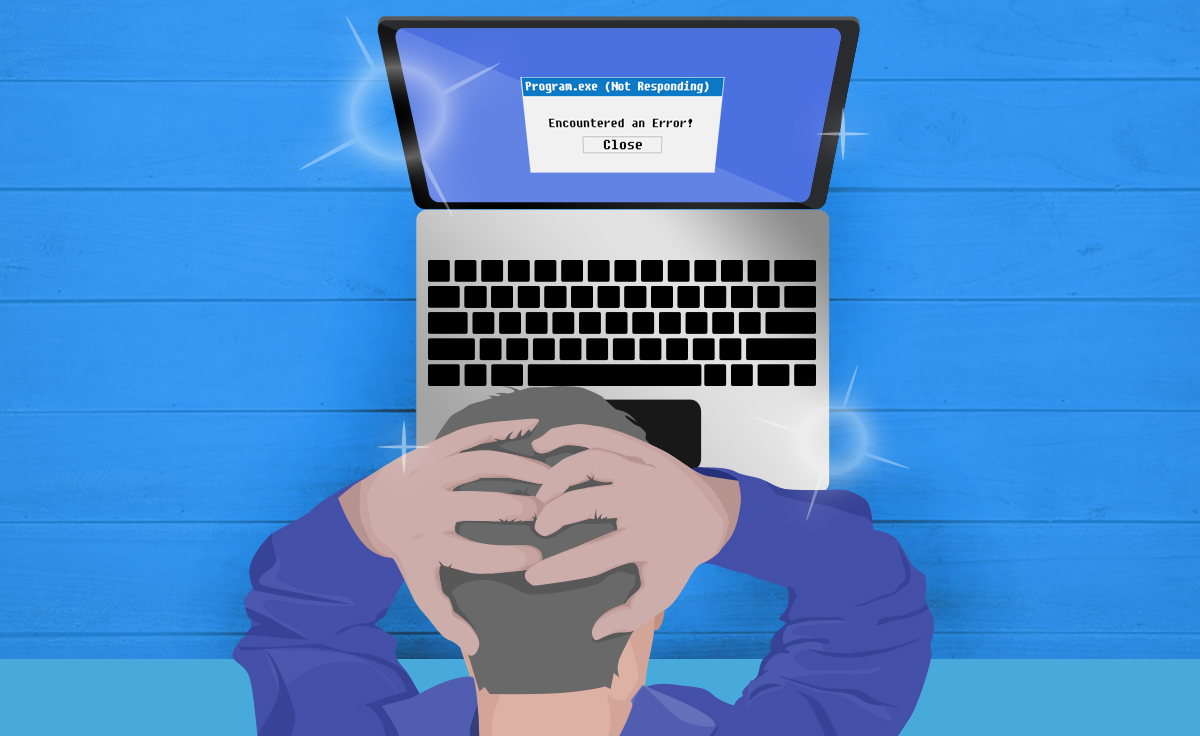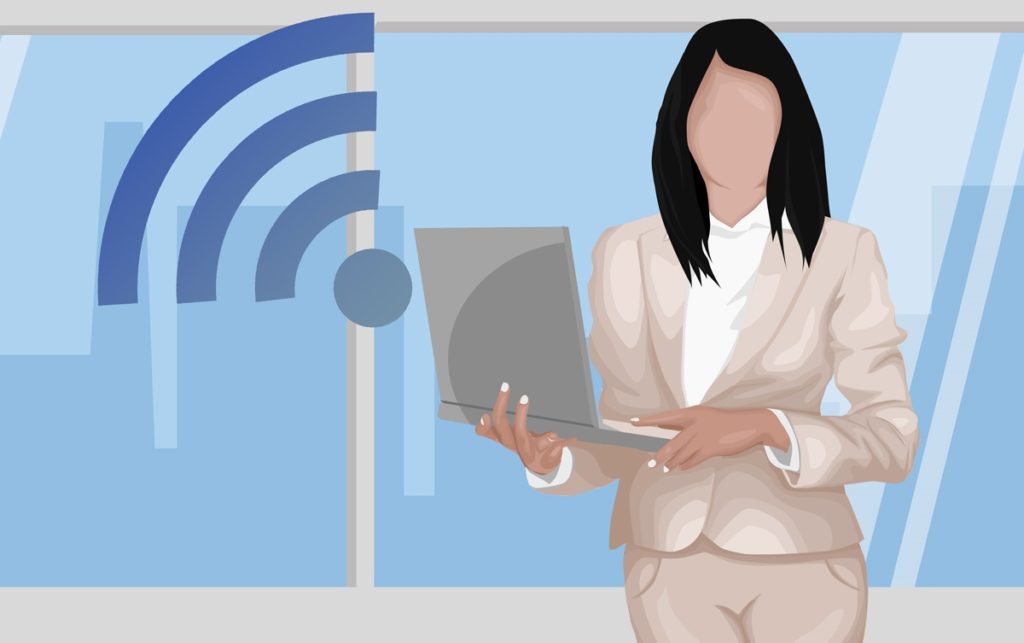
Your old computer is beginning to slow down. So, you invest in a shiny new laptop. The clouds part and the sun shines down on this bright and lovely new device. Everything will be faster and easier. Only, from the first day, the new laptop is lagging. Why is it running so slow? One of these might be the reason.
#1 Not enough computing power.
In many cases, the laptop doesn’t have enough RAM (Random Access Memory). RAM is the computer’s main memory. This helps your computer do more at once. Information from the operating system, application programs and data are kept here, when in use, for quicker processing.
RAM is like the computer’s short-term memory, while the hard drive is the long-term memory. Just as the human brain can’t hold everything in short-term memory, RAM can get overloaded too. When this happens on your laptop, the computer processor needs to go to the hard drive. This slows things down.
Resolution: You might see 4GB, 8GB, 16GB or more of RAM available. How much you need is going to depend on what you plan on doing with the computer. For a laptop with Windows 10, we recommend at least 8GB of RAM, but 16GB is more comfortable for a better experience.
Not all laptops will let you access the RAM. When you can, though, upgrading memory can be quick and affordable.
#2 Mechanical hard drive.
Often a single part is letting you down. With a less expensive computer, manufacturers skimp. While it’s less common these days, some laptops will come with a mechanical hard drive. You might think of this like a record player with a needle reading the vinyl album. Since something is moving to find data, the laptop runs slower than it would with a Solid State Drive (SSD), which has no moving parts.
Resolution: In many cases, a mechanical hard drive can be easily upgraded to an SSD. However, some super slim laptops have limited upgradability.
#3 Bloatware.
Retailers like to tout all the bells and whistles that come with their laptops. So, when you turn on your laptop for the first time, you may notice there’s already a lot of software preloaded. Much of it you’ll probably never use. Maybe there are toolbars you don’t need, games you’ll never use, or stock widgets that you couldn’t care less about. These examples of bloatware slow down your computer.
The third-party applications are a revenue source for the manufacturer, but don’t always help you. Microsoft, for instance, sells a line of computers that come without any pre-installed third-party software. Computerworld reported those PCs “start up 104% faster, shut down 35% faster and have 28 minutes more battery life.”
Resolution: When you get a new laptop, check out the pre-installed software before you add your own. Determine what the existing software will do, and uninstall anything that you won’t want.
If your laptop is slow on the first startup, this may be due to system updates. For instance, a Windows 10 automatic update to bolster the security of the computer. You can’t do much about these, but look on the bright side, your laptop security is current!
Improved speed is a main reason to invest in a new laptop. Don’t let a lagging laptop disrupt your productivity. We can help with a slow running laptop.
Instead of wasting valuable time waiting on a slow computer, give us a call at (515)422-1995!



